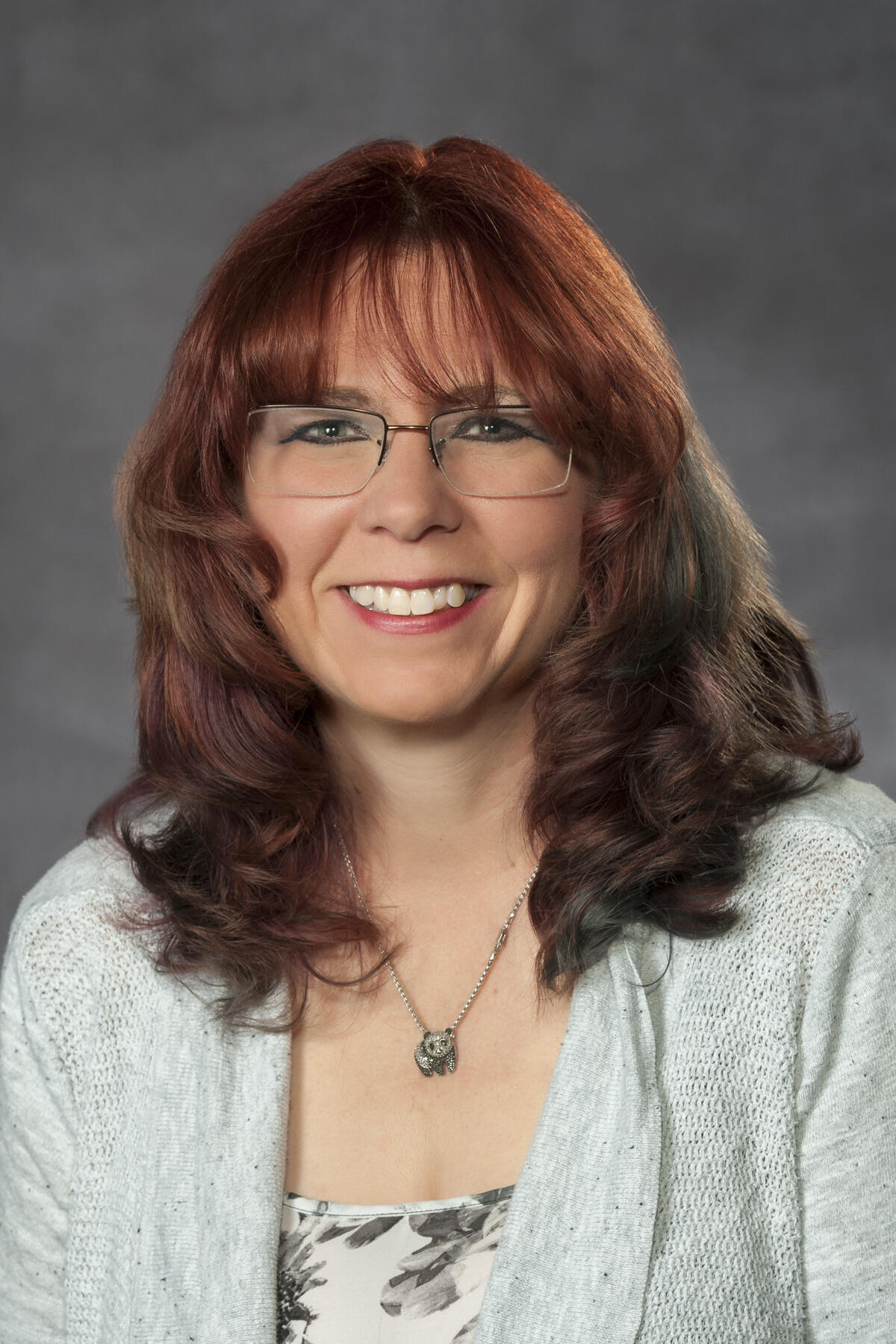
Nov. 6, 2017
New VCU-led addiction studies program unites addiction counseling professionals with community
Share this story
A new noncredit education program at Virginia Commonwealth University will unite addiction counseling professionals with professionals in health, law and education, along with community members who have personal experience with addiction. VCU’s new Addiction Studies Continuing Education program weaves the latest translational research in addiction studies into a wide selection of interdisciplinary, interactive and evidence-based course offerings.
The program is jointly led by the Department of Rehabilitation Counseling in the VCU School of Allied Health Professions and the VCU Office of Continuing and Professional Education.
“Addiction isn’t just one profession’s issue,” said Laurie Cathers, Ph.D., research associate in the Department of Rehabilitation Counseling.“The program is interdisciplinary, accessible and relevant to the community need to respond to the opioid public health crisis and other addictions.”

In 2016, Gov. Terry McAuliffe and Marissa Levine, M.D., Virginia state health commissioner, declared the opioid addiction crisis a public health emergency in Virginia. In the fall of 2016, Virginia was ranked seventh among the top 15 hiring regions in the U.S. for job postings with keywords related to substance abuse, according to Burning Glass Technologies’ Labor Insight Tool, which is a real-time labor-market gauge. At the time, there had been nearly 7,000 job postings with substance abuse competencies in the previous year in Virginia.
Through the Addiction Studies Continuing Education program, participants can earn a Noncredit Certificate in Addiction Studies, which is not for college credit but can be applied toward the education requirement for certification as a substance abuse counselor through the Virginia Board of Counseling. The courses are also approved as continuing education credits from the Commission on Rehabilitation Counselor Certification and the Association for Addiction Professionals.
Courses were created with both professionals and those who have been personally affected by addiction in mind. Modules such as “The Craving Mind: Why We Get Hooked, and How We Can Break Free of Addiction Habits” are intended to develop counselor skills and provide information to professionals in sectors such as law enforcement, education and health care. The program will also apply to family, friends and community members who have been impacted by addiction.
“There is a focus in this program on getting people who have been impacted by addiction and who are treating addiction out of silos and into recovery-oriented conversations,” said Denise Hall, clinical coordinator in the Department of Rehabilitation Counseling. “We will have people taking the courses with limited professional knowledge, but more personal experience, along with people who have been working in the field for a long time. We designed the classes to bring people together.”
To learn more about the program and to enroll, visit addictionce.vcu.edu.
Subscribe to VCU News
Subscribe to VCU News at newsletter.vcu.edu and receive a selection of stories, videos, photos, news clips and event listings in your inbox.










